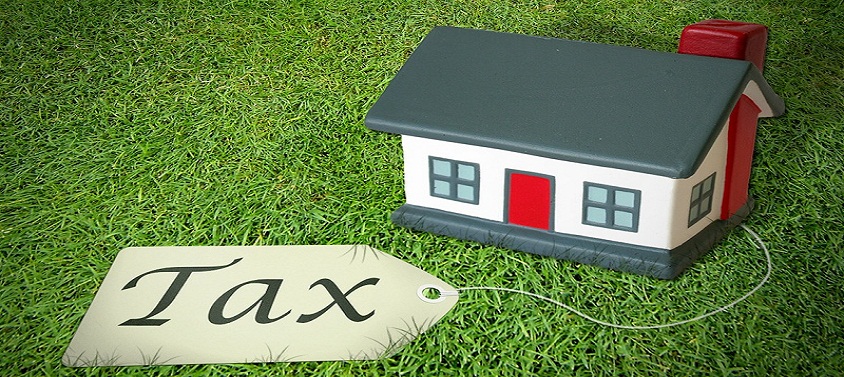Here, we’re providing you a guide to pay property tax in Delhi. The people, who own residential or non- commercial property in Delhi, are accountable to the Municipal Corporation of Delhi (MCD) to pay property tax every year. The MCD has been divided into various sections based upon the location of property i.e. SDMC (South Municipal Corporation of Delhi), NDMC (North Municipal Corporation of Delhi), and EDMC (East Municipal Corporation of Delhi). Besides, Delhi is divided into another eight categories, depending on the property values in that location or colony from A to H. For these eight categories, the rate of property tax along with the unit area value varies for all the eight categories.
calculation of property tax for a residential property in Delhi:
For the calculation of property tax in Delhi, the MCD uses the following formula known as ‘UNIT AREA SYSTEM’:
Property tax = Annual value * Rate of tax
(Annual value = Unit area value per sq meter * Unit area of property * Age factor * Use factor * Structure factor * Occupancy factor)
Rate of tax: For the categories A to H, rates for property tax are published by MCD every year.
Unit area of property: It is the constructed area which is taken into consideration for the calculation of the property tax. It is computed in square meters.
Unit area value: The variable values assigned per square meter for the constructed area of a property for categories A to H.
Age factor: Depending upon whether the property is old or new, this factor varies from 0.5 to 1.0.
Occupancy factor: Rental properties or lent out for any commercial purpose are often liable to pay higher tax than the self occupant ones.
Use factor: Non- commercial properties are taxed lower than the commercial ones.
Structure factor: Depending on the construction material and the structure of the building, RCC buildings are rated higher than the others.
Rebates on property tax in Delhi
On some of the property tax payments in Delhi, the MCD offers rebates:
- You can avail a rebate of 15% on the total tax amount, if you pay your property tax as a hole in one go within the first quarter of the year.
- Upto 100 sq meters of DDA/CGHS flats, you can receive a 10% rebate on the annual value of your property tax
- 30% rebate on one property is given to women, senior citizens or physically challenged.
Paying your property tax in Delhi
For the most convenient way of paying the property tax is paying it online on the MCD website either through internet banking or credit/debit cards. To encourage the online payments, MCD has invested appreciably to make the sites more efficient and advanced.
After visiting the MCD website, you need to choose form the following options depending upon the location of your property.
- South Delhi Municipal Corporation (SDMC)
- North Delhi Municipal Corporation (NDMC)
- East Delhi Municipal Corporation (EDMC)
The categories A to H are divided amongst these three corporations and you can visit their respective websites for further queries.
If you fail to pay the property tax on time, you are liable to pay 1% of Property tax per month on the unpaid amount. As soon as you make the payment online, check for the system that it has updated all your records and no unpaid amounts are shown against the account. Get the errors (if any) corrected immediately.





